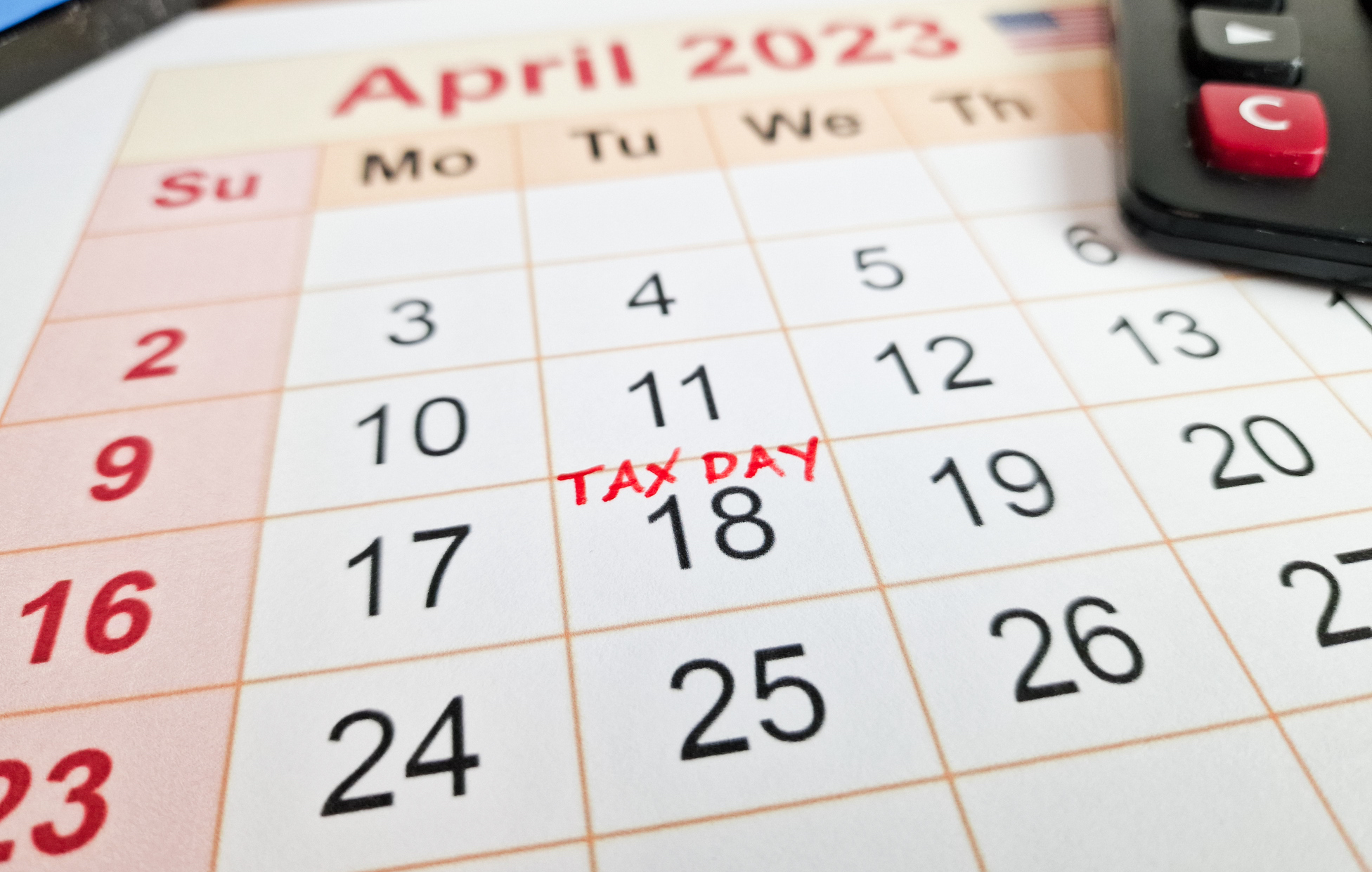
If you haven’t filed your taxes yet, you’re not alone. In 2022, NBC analyzed IRS data and found that 43 million – or roughly 30% of taxpayers – waited until the three weeks before Tax Day to file their returns.
With Tax Day coming up on April 18, we’re officially in crunch time. Here are some strategies to help you make it to the finish line.
- Check to see if your deadline has changed. The IRS has extended the filing deadline for taxpayers in several areas affected by natural disasters, including communities in California, Mississippi, and Georgia. To see if you live in an area that might be eligible for an extension, visit the IRS’ Tax Relief in Disaster Situations page and click on 2023 to view the exempted areas for this year.
- Round up any missing documents. It’s easy to take for granted everything you need to file a return, but don’t wait until the last minute to discover that your bank never sent a mortgage interest statement or some other essential document. If you’re self-employed or a contract worker, ensure that you have all the 1099 forms you need from your clients.
- Estimate and determine how you’ll pay your tax bill. Even if you plan on filing an extension, you’ll still need to pay the full amount due by April 18. If you’re concerned about having the money to pay your bill, you could consider applying for payment plan with the IRS. Both short-term (180 days or less) and long-term (monthly installments) are available if you qualify. If you plan on borrowing money to pay your tax bill, look at the options offered by a bank, credit union or reputable online lender versus payday lenders, which can charge exorbitant interest rates.
- File electronically. Filing online is faster and easier than mailing in a paper return and can save you rushing to the post office at the last minute or having to write a paper check if you owe money. You’ll also alleviate any worries about sending your return to the correct IRS office.
- Check your deductions. Several COVID–19 credits and deductions have been eliminated because of changes to tax laws. The Earned Income Tax Credit, for example, will decrease for filers with no qualifying children but increase slightly for filers with children. The IRS has an overview of the changes here.
- File an extension. If you really can’t make the April 18 deadline, consider filing an extension. The IRS offers six-month extensions to file, which would allow taxpayers to submit returns by Oct. 16 this year. See Extension of Time to File Your Tax Return for instructions. There is no penalty to file late if you’re owed a refund, but if you owe taxes and fail to file, you’ll be assessed a 5% fee on the total amount you owe for each month or part of a month that your return is late.
Tax season can be less stressful if you plan ahead, but if you’re in the final stretch, these tips could provide the push you need to meet the deadline.
The blog articles published by Unlock Technologies are available for informational purposes only and not considered legal or financial advice on any subject matter. The blogs should not be used as a substitute for legal or financial advice from a licensed attorney or financial professional. Links in our blog posts to third-party websites are provided as a convenience and are for informational purposes only; they do not constitute an endorsement of any products, services or opinions of the corporation, organization or individual. Unlock Technologies bears no responsibility for the accuracy, legality, or content of external sites or that of subsequent links.



